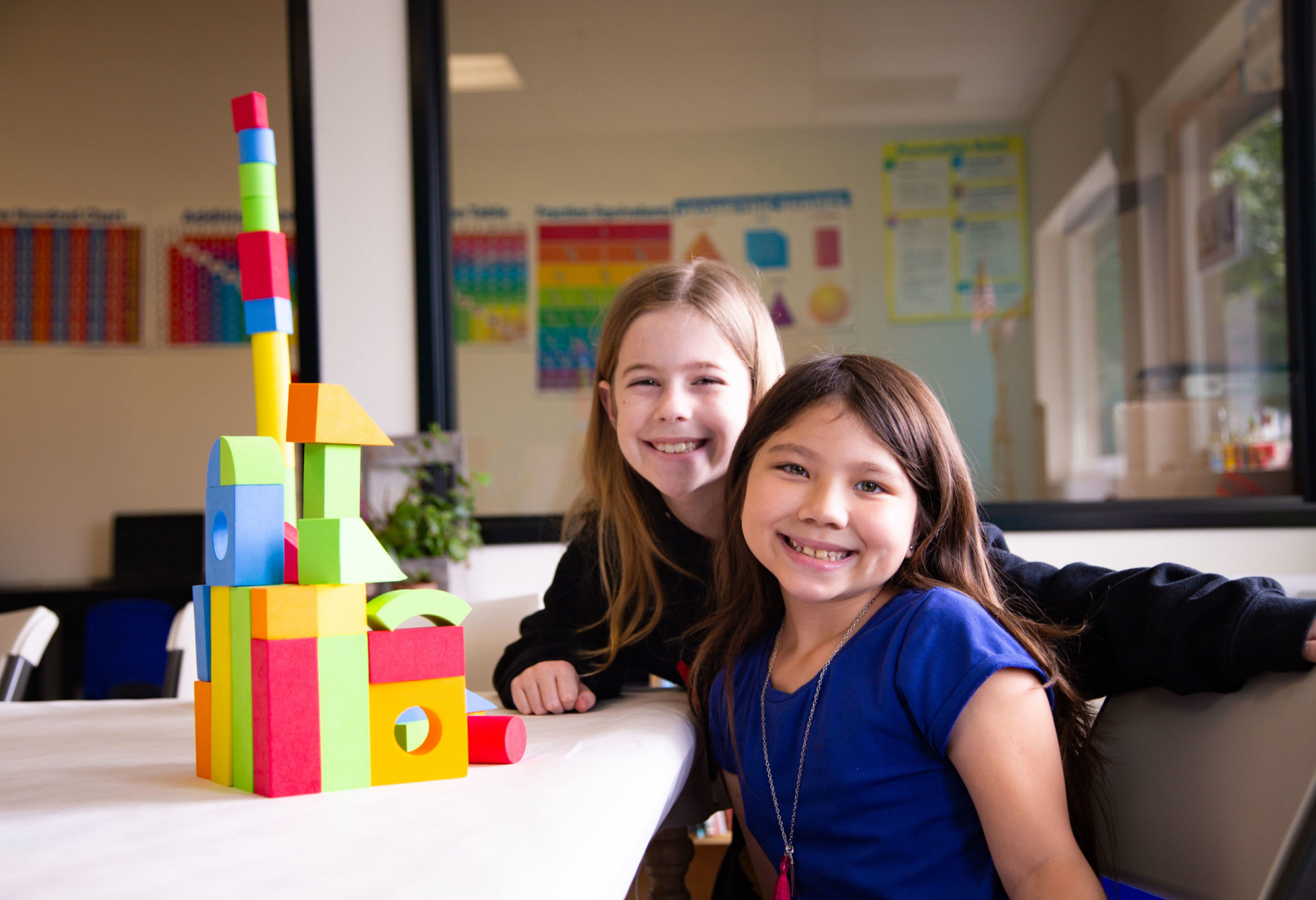
Custom Components Page
Typography
H1 – Libre Baskerville Regular
H2 – Libre Baskerville
H3 – Libre Baskerville
H4 – Libre Baskerville
Pre-header
Libre Baskerville Italic
(Short phrase to intro the section)
Pg- L – Lorem ipsum dolor sit amet, consectetur adipiscing elit
Pg- M – Lorem ipsum dolor sit amet, consectetur adipiscing elit
Pg- S – Lorem ipsum dolor sit amet, consectetur adipiscing elit
Bulleted List
- Lorem ipsum dolor sit amet, consectetur adipiscing elit
- Lorem ipsum dolor sit amet, consectetur adipiscing elit
- Lorem ipsum dolor sit amet, consectetur adipiscing elit
- Lorem ipsum dolor sit amet, consectetur adipiscing elit
Block Quote
Lorem ipsum dolor sit amet, consectetur adipiscing elit, sed do eiusmod tempor incididunt ut labore et dolore magna aliqua. Ut enim ad minim veniam, quis nostrud exercitation ullamco laboris nisi ut aliquip ex ea commodo consequat.
Text Hyperlink
Buttons
Content Modules
Image Left – Content Right

Forming Knowledgeable, Virtuous Citizens
Why teach for Liberty?
Faculty members at Liberty partner schools are hired based on their mastery of academic disciplines and their ability to convey knowledge to young people. They should have the ability and desire to shape the character of their students by instilling virtue. As a faculty member at a Liberty school, you will play an integral part in forming the next generation of knowledgeable, virtuous citizens.
/li
Image Right – Content Left
Upper School
In the upper school (grades 7-12), students expound on the foundations they formed in their early grades.
In the humanities, students engage in Socratic discussion, as teachers propose questions based on close readings of complete works. In seventh grade, students read texts such as Fahrenheit 451 while studying the late 19th-Century and early 20th-Century world. Eighth-grade students pick up the story where they left off in seventh grade.

Image Left – Content Right – White Background
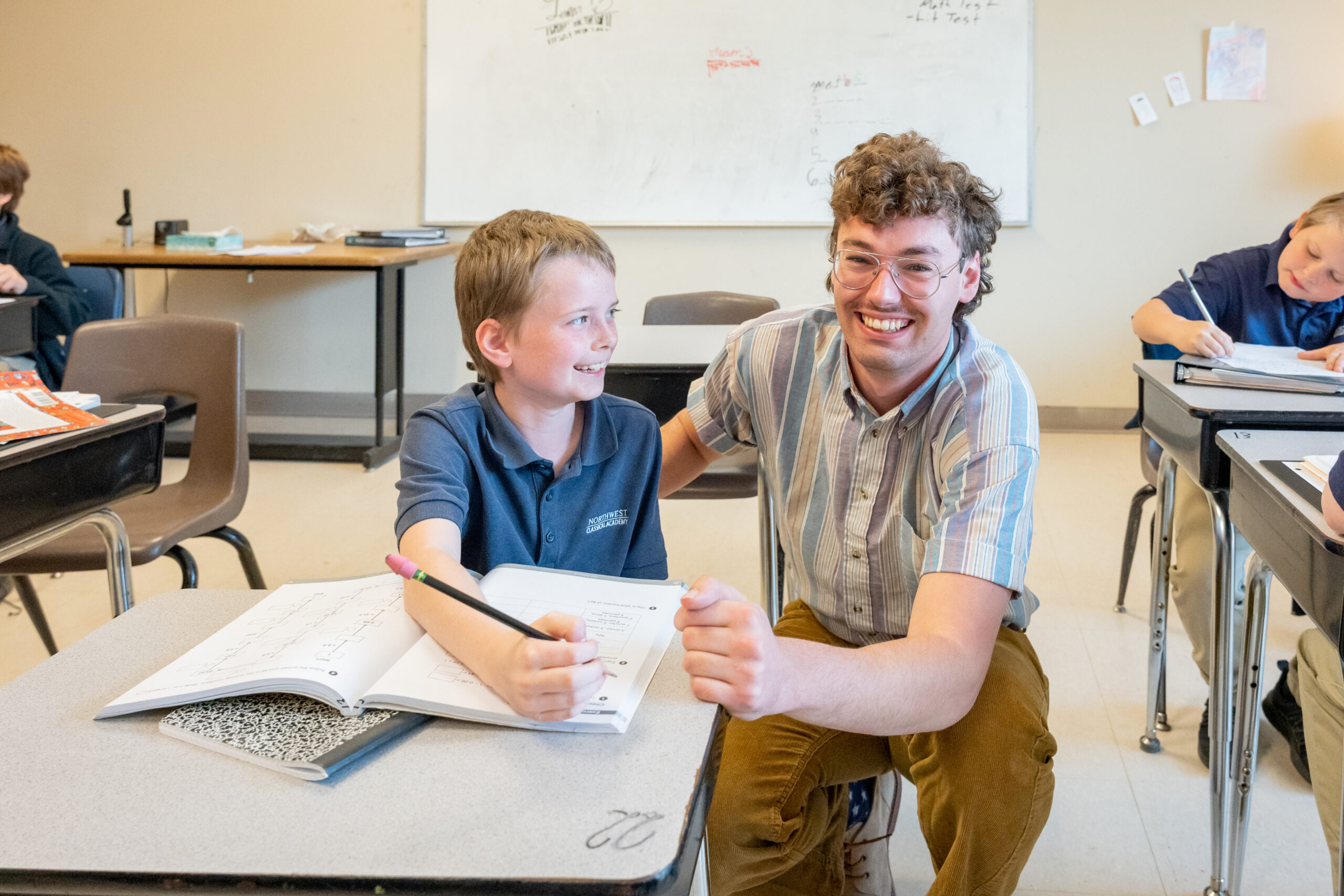
Forming Knowledgeable, Virtuous Citizens
Why teach for Liberty?
Faculty members at Liberty partner schools are hired based on their mastery of academic disciplines and their ability to convey knowledge to young people. They should have the ability and desire to shape the character of their students by instilling virtue. As a faculty member at a Liberty school, you will play an integral part in forming the next generation of knowledgeable, virtuous citizens.
Image Right – Content Left – White Background
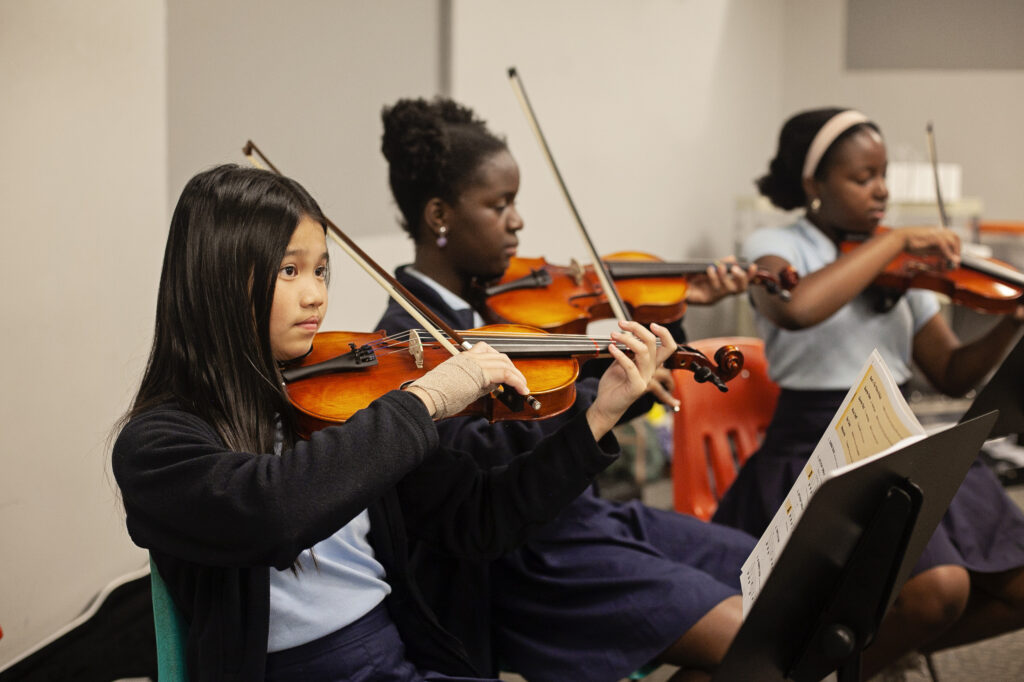
At the Explore level, our K-6 Curriculum and Applied Courses create a solid foundation in the arts. At this beginner stage, students will have the opportunity to discover and investigate the arts, leading to a lifetime of appreciation and enjoyment.
At the Develop level, our 7th and 8th Grade Curriculum, Elective, and Applied Courses will further challenge students in their knowledge and techniques. This intermediate stage will also provide a way to teach the students about commitment and perseverance.
At the Challenge level, our Elective and Applied Courses will mold students who exhibit the passion, desire, and aptitude to take their craft to the highest point possible. To be accepted into this advanced stage, students must be recommended or submit an application that may also be accompanied by an interview or audition.
Image with Overlay

Image with Caption

Video Treatment
Testimonials
-
Lorem ipsum dolor sit amet, consectetur adipiscing elit, sed do eiusmod tempor incididunt ut labore et dolore magna aliqua. We really need to get there immediately.
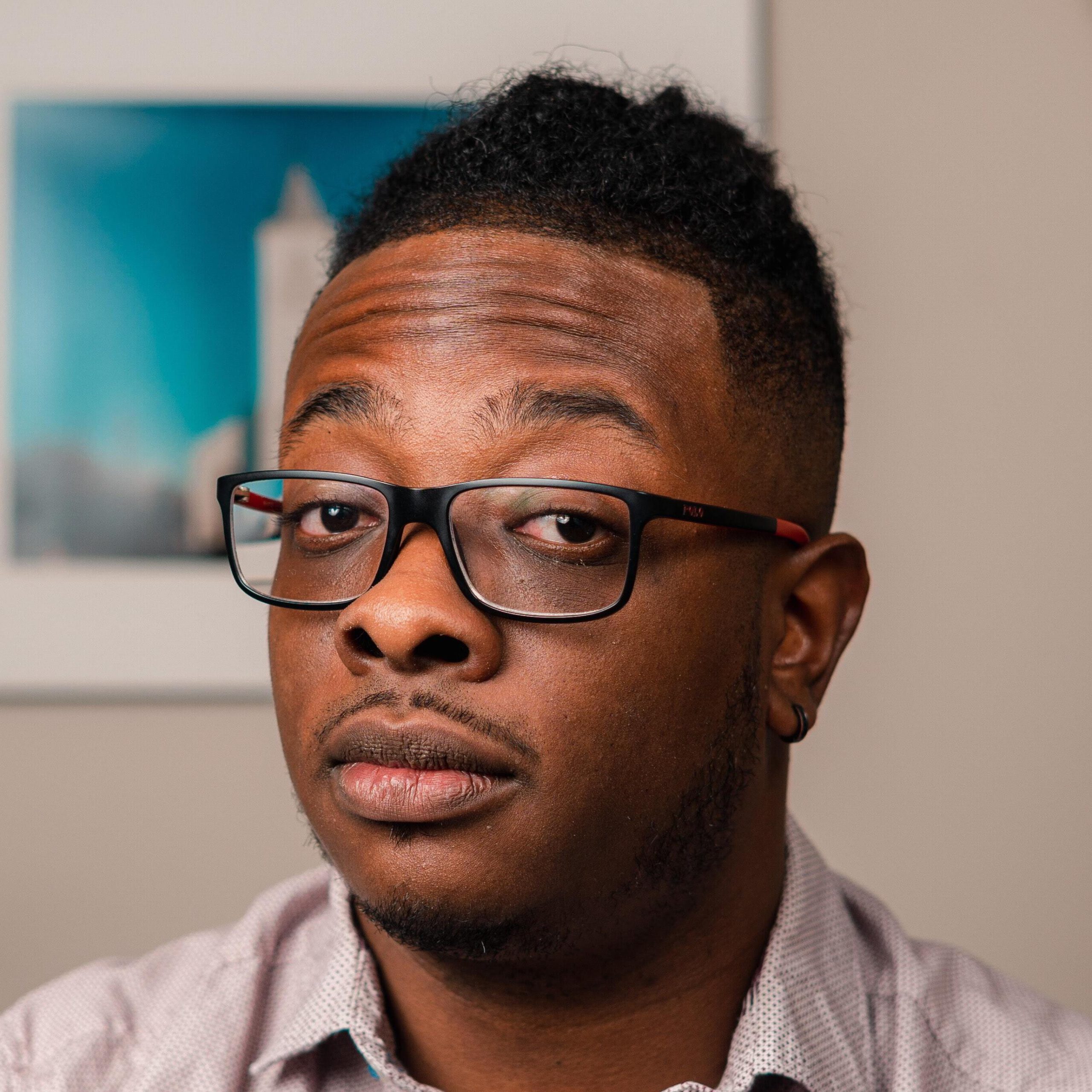
Richard Carter
-
Lorem ipsum dolor sit amet, consectetur adipiscing elit, sed do eiusmod tempor incididunt ut labore et dolore magna aliqua. U

Cyndi Westbrook
-
Lorem ipsum dolor sit amet, consectetur adipiscing elit, sed do eiusmod tempor incididunt ut labore et dolore magna aliqua. Ut enim ad minim veniam, quis nostrud exercitation ullamco laboris nisi.
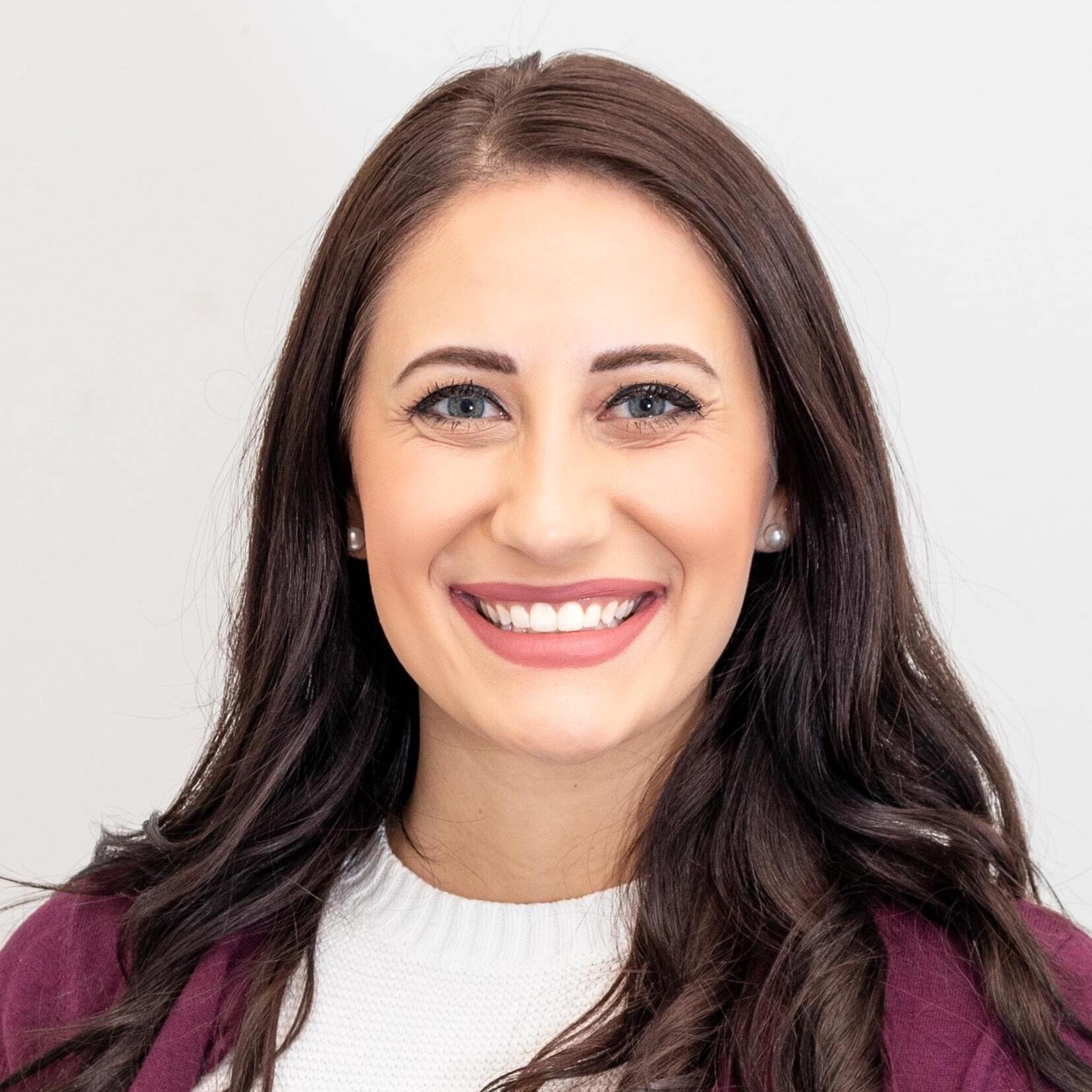
Mary Jones
Blog Pods
-
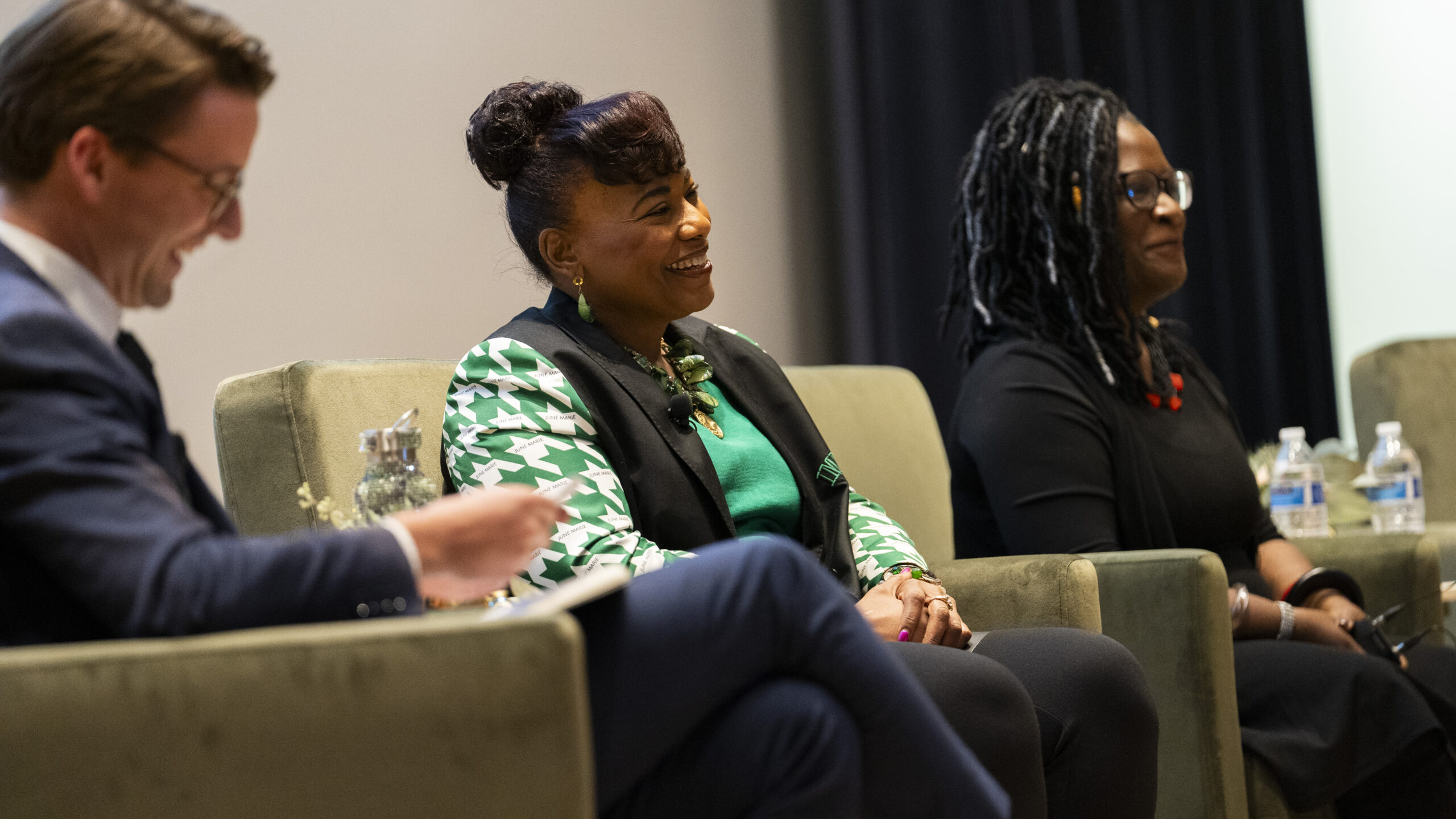
VIDEO: Classical Education & Civil Discourse Panel
Read more: VIDEO: Classical Education & Civil Discourse PanelVIDEO: A Discussion of “Kingian” Education: How Classical Education Supports Civil Discourse in Democracy Education panel event presented by Liberty Classical Schools and The King Center. Panelists discussed how classical education has impacted the King legacy, specifically Dr. King’s principles of nonviolence, and how classical education continues to support civil discourse and contribute to a stronger…
-

Virtue Cards
Read more: Virtue CardsVirtue Cards Grow In Virtue With Your Child Download our free Virtue Cards to take a deep-dive into each one of our seven core virtues. Each card contains activities and conversation topics to guide your child toward a better understanding of each virtue and how they can practice it in their own lives. These cards…
Content Cards & Icon Treatment
Here’s why we love what we do
Values
CTA Full Width with Form

Sign up for our newsletter
Keep in Touch!
If you are interested in the work of Liberty Classical Schools, please submit your name and email. Stay up-to-date on Liberty news and ways to get involved.
CTA Small Banner
Keep in Touch!
If you are interested in the work of Liberty Classical Schools, please submit your name and email. Stay up-to-date on Liberty news and ways to get involved.
Upper School
In the upper school (grades 7-12), students expound on the foundations they formed in their early grades.
In the humanities, students engage in Socratic discussion, as teachers propose questions based on close readings of complete works. In seventh grade, students read texts such as Fahrenheit 451 while studying the late 19th-Century and early 20th-Century world. Eighth-grade students pick up the story where they left off in seventh grade. They read literature and primary sources focused on ideology in the 20th Century, the Second World War, the Cold War, change in the US, and the cause and effects of events. Freshmen read The Iliad and The Aeneid and delve into the works of historians and philosophers such as Thucydides, Herodotus, Plato, and Plutarch. In their sophomore year, students read Shakespeare, Chaucer, Dickens, and Austen, while considering the religious and political contributions of Augustine through Adam Smith. Students discover America in their junior year, completing courses in American Literature, American History, and American Government. They read the founding documents as well as the influential Federalist papers and other writings of the founders, presidents, authors, and activists of the 19th century. Finally, the senior year focuses on modern times with works by Fyodor Dostoyevsky and George Orwell and a study of the presidencies, wars, politics, and theories that shaped the era.
Mathematics and science classes place an emphasis on the search for truth and beauty and the primacy of logic (including Euclidian Geometry), as well as deductive reasoning as students move from foundational to more advanced courses.
After three years of Latin in grades 6-8, students take 3 years of Spanish or Latin in high school, with at least two consecutive years in the same language. Other required courses include at least one semester of Composition that emphasizes coherent, concise, and compelling writing and habits of clear thinking. Tenth-grade students take Moral Philosophy, with a focus on the moral traditions of Western Civilization.
Students may continue to build upon music theory and art history instruction received during their elementary and middle school years by participating in performance ensembles.
Seniors must write a 15-page Senior Thesis and defend it before faculty members and peers.

